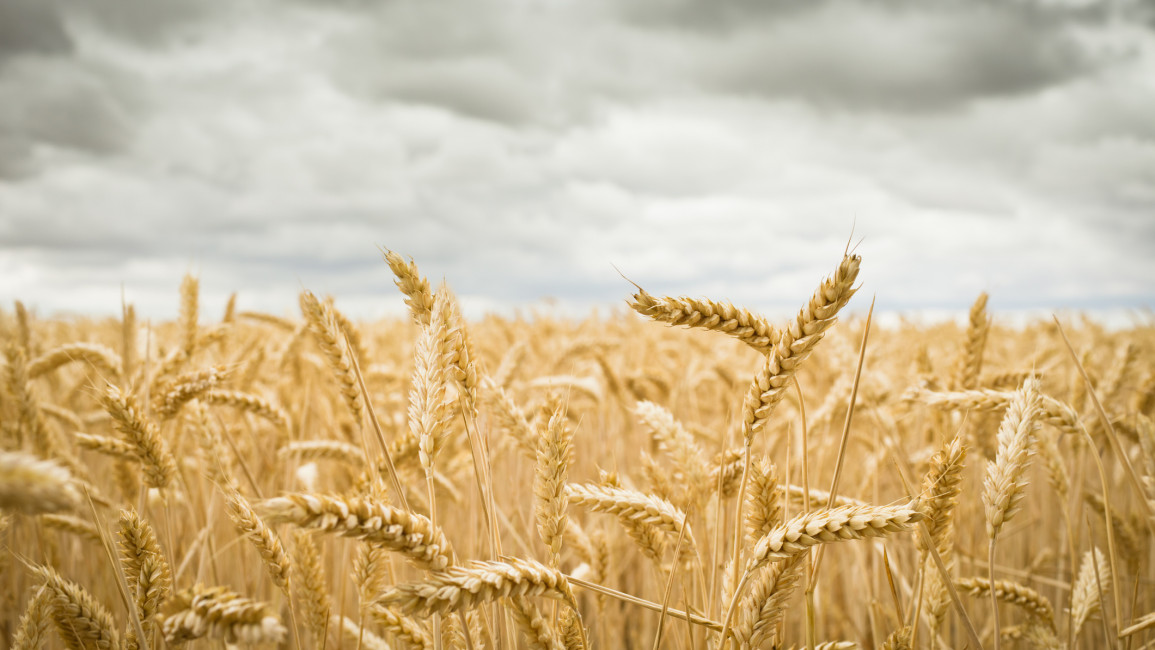Iran 'more reliant than ever' on wheat imports: industry leader
Iran is now more reliant than ever on foreign grain and needs to import 20 million tonnes in 2022, an industry leader said on Monday.
Flour Producers Association Chief Mohammad-Reza Mortazavi indicated that 6 to 7 million tonnes of these imports will be wheat, a commodity whose global price has been sent skyrocketing by Russia's brutal invasion of Ukraine.
Mortazavi explained that "Russia or the Baltic states and even Europe" will be the sources of the majority of foreign wheat in 2022, the London-based Iran International broadcaster reported.
Iran has historically been one of the biggest importers of Russian wheat, though in recent years it has cut back substantially in a bid to become more self-reliant.
But by early July 2021 to July 2022 season, imports had climbed again, making the Islamic republic the top buyer of Russian grain in general.
The two countries reached an agreement for Iran to import 20 million tonnes of essential items like wheat but also other grains and vegetable oil, Nour News said in March.
Russia and Ukraine are together responsible for around 28 percent of worldwide wheat exports and the war has seen sharp price increases.
Moscow has prohibited wheat and other grain exports to Eurasian Economic Union states, such as Belarus and Kazakhstan, from mid-March until the end of June.
Iran is not among these countries, though will be restrained by separate limits Russia revealed in December.
Across MENA region, bread is a highly politicised commodity, and increases in prices may easily lead to discontent. These countries rely heavily on wheat imports from Ukraine and Russia - and with the war happening, is a crisis on the horizon? https://t.co/YM8MTr2WIn
— The New Arab (@The_NewArab) March 6, 2022
Should Tehran instead look increasingly westwards, it faces restrictive sanctions from the US and Europe which may cause difficulties securing supplies.
While the sanctions do not apply to food, many banks have become wary of working with Iran at all, though Tehran has successfully imported grain from Europe in the past.
News of Iran's reliance on foreign grain comes as state news outlets in the Islamic republic on Tuesday denied that bread will cost more after subsidies were scrapped.



